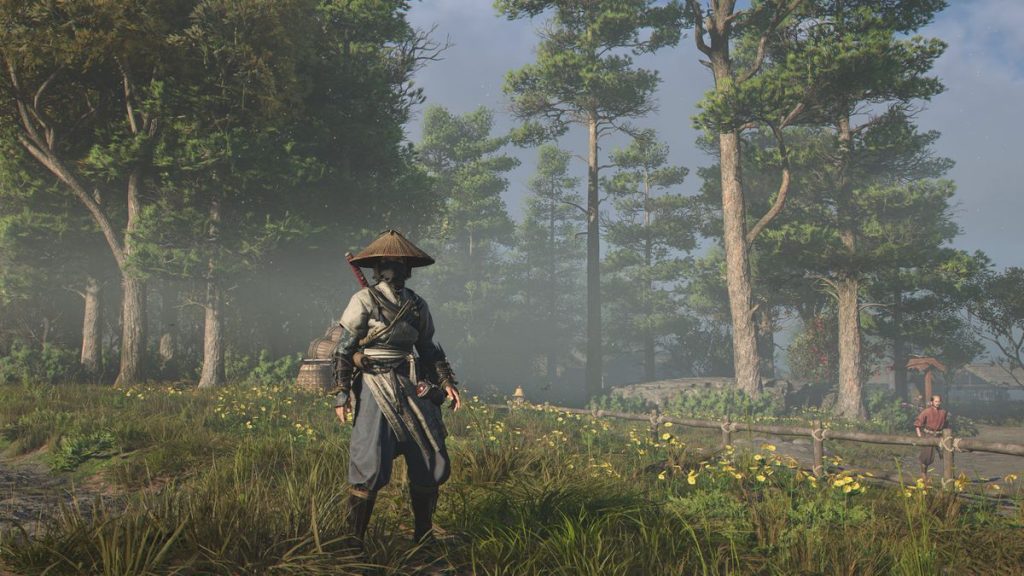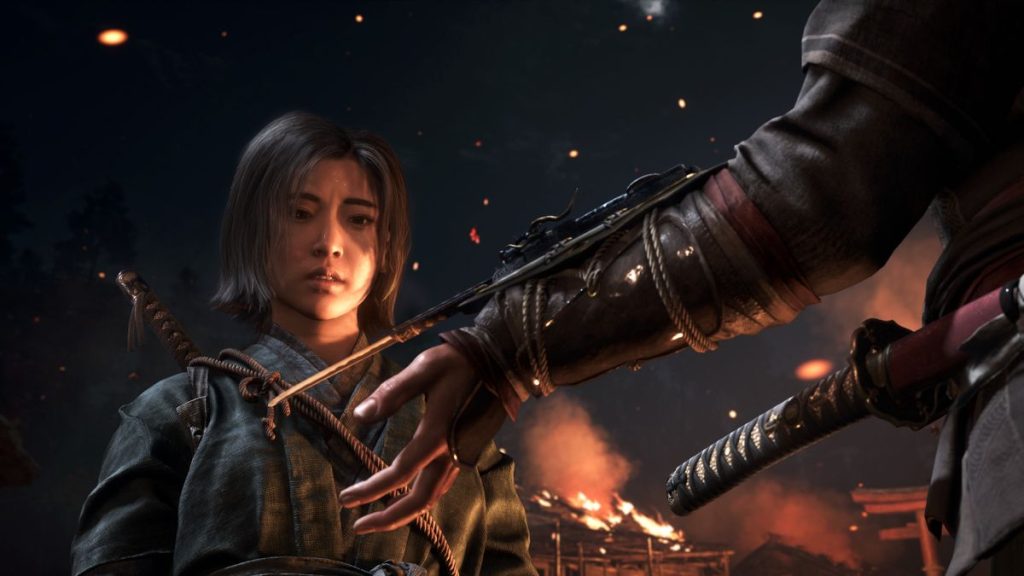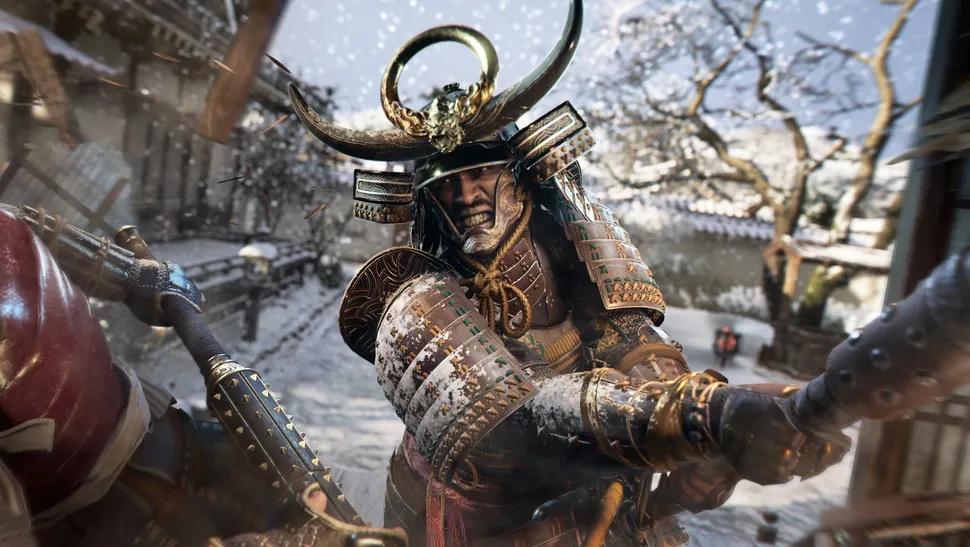The Evolution of Assassin’s Creed into an RPG
Assassin’s Creed transitioned from stealth-driven action games to full-fledged RPGs years ago. Initially, the excitement of loot-based mechanics, skill trees, and dialogue choices made this transformation seem successful. However, with each new RPG-style installment, the cracks in Ubisoft’s approach become more apparent.
Assassin’s Creed Shadows is packed with RPG elements—possibly more than any other game in the franchise. Yet, the lack of depth in these systems exposes a core issue: Assassin’s Creed remains an action game masquerading as an RPG.

A Surface-Level RPG Experience
On paper, Shadows checks every box for an RPG. The game boasts an extensive array of weapons and outfits, in-depth skill trees for both protagonists, dialogue choices, romance options, and a wealth of side quests. But does that truly make it an RPG?
Some aspects do capture the RPG essence. The progression of Naoe and Yasuke scratches that RPG itch, and while the skill trees lack depth, they do allow for slight variations in playstyle. However, compared to true action-RPGs like Elden Ring or Path of Exile, Shadows falls short. Instead of offering rich character-building and diverse gameplay, it delivers an experience centered on scripted story beats rather than player agency.
The Illusion of Choice
One of the biggest flaws in Shadows’ RPG aspirations is its lack of meaningful choices. Dialogue options are largely superficial, often leading to the same outcomes regardless of selection. In some cases, the game even forces players to hear both dialogue choices, further diminishing the illusion of agency. Ubisoft even implemented a “Canon Mode,” which automatically selects the “correct” choices for players—a bizarre decision that underscores the game’s unwillingness to embrace true player-driven storytelling.
Unlike RPGs that thrive on player agency, such as Disco Elysium or Baldur’s Gate 3, Shadows reduces choice to a mere aesthetic feature rather than a core gameplay mechanic.

Hollow Quest Design
Shadows’ quests lack the depth and creativity found in modern RPGs. Most involve either talking to someone or eliminating a target, with little variation. Even when quests attempt something different—such as a tea ceremony—they fail to offer meaningful choices or impactful consequences.
This is especially glaring when compared to contemporary RPGs that push quest design forward. Games like The Witcher 3, with its intricate storylines, or Baldur’s Gate 3, with its dynamic, reactive world, highlight Shadows’ shortcomings. Ubisoft understands what makes a great RPG but refuses to fully commit to the concept.
A Missed Opportunity
Playing a deep and immersive RPG like Kingdom Come: Deliverance 2 before diving into Shadows makes Ubisoft’s efforts feel even more lackluster. The contrast between the two highlights the shallowness of Shadows’ quest structure and narrative design.
For instance, in Kingdom Come: Deliverance 2, a seemingly mundane quest about crafting horseshoes unexpectedly transforms into a gripping mystery, complete with an undercover operation, a love affair gone wrong, and high-stakes combat. In Shadows, the same scenario would likely be reduced to a simple combat task with little to no narrative depth.
Ubisoft’s Reluctance to Fully Embrace RPGs
The frustrating part is that Ubisoft clearly understands RPG mechanics. It has all the right pieces—deep progression systems, player choice, and branching narratives—but chooses to implement them in a shallow manner. Rather than fully committing to an RPG experience, it continues to produce action-adventure games disguised as role-playing games.
While Shadows excels in certain areas—stealth and combat have never been better, and feudal Japan is a stunning setting—it ultimately fails as an RPG. If you’re looking for a true role-playing experience, this isn’t the game for you.
